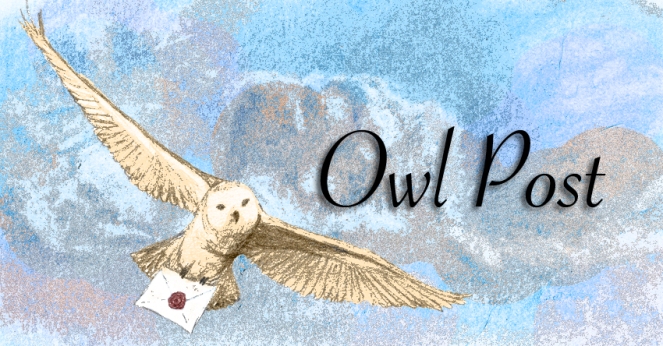
In 2o1o Laura Hillenbrand brought us the story of Louie Zamperini and his incredible tale of survival and courage. Spending 15 weeks as number one on the New York Times bestsellers list and over four years on the list for hardcover nonfiction, Unbroken has captivated people in a way rarely seen. Now Angelina Jolie has brought the beloved book to film and the question for everyone who has read the book seems to be, “Can this possibly live up?”. The answer; in some ways yes and in others no. The movie does a good job of setting the stage, telling the story non-linearly and working in the backstory of Zamperini’s life as his trials during WWII play out. It’s an effective way of breaking up the time spent lost at sea, giving us a fuller look at who this man is and how he was able to make it through the torture and dehumanization of a prisoner-of-war camp.
Lost and Drifting
One of the strengths of the film is the way it mirrors Zamperini’s time drifting aimlessly in a raft longing for rescue and his early childhood full of petty theft and purposelessness. It’s a perfect picture of the innate depravity of man. Louie’s father even asks him after a whipping why he does these things and Louie has to reply, “I don’t know”. He shows no belief in himself or sense of direction until his older brother Pete challenges him to try out for the track team, helping train him and reminding him that he is loved and believed in.
We all need this in our lives. Left to our own devices we often drift listlessly along the waves of life. We long to have a purpose and know we are loved and believed in, in spite of the sin that enslaves us and leads us, much like Louie, to do things for reasons we don’t even understand. We need someone to step in and remind us who we are and show us a better way. For Louie that was his brother Pete and later in his life it would be his wife Cynthia.
Conclusion
This is a good movie. The acting is superb and Jolie does a fine job in her big budget directorial debut. Sadly it could have been even stronger. Zamperini comes home and is far from unbroken, he’s been shattered. Unable to find a way past his anger and rage, he turns to alcohol and descends deeper into hopelessness. It is not until his wife encourages him to attend a Billy Graham Crusade that Louie finds the relief he is looking for. He finds salvation from the anger and pain in the forgiveness of Jesus. Through an understanding of how much he has been forgiven, Louie can offer that same forgiveness to his former captors. He is free. Unfortunately this momentous event is not portrayed in the movie. The main crux of the story is not his surviving the torture and war, it is the salvation he finds in brokenness. See Unbroken, it’s a good movie, but do yourself a favor and read the book beforehand. As the old saying goes, “The more you know…”, and here the more, is everything.
Last year saw the release of a movie much like Unbroken called The Railway Man. I encourage everyone to see it. It is the most powerful movie of grace and forgiveness I’ve seen in years.






